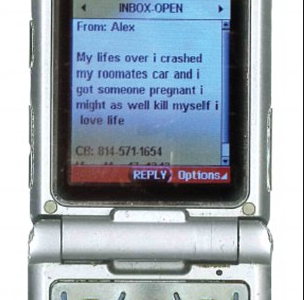
Text message turns 25
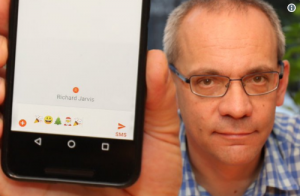
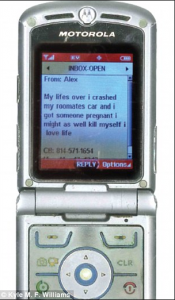
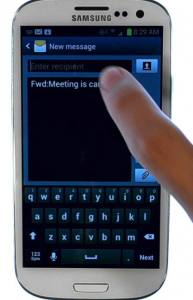
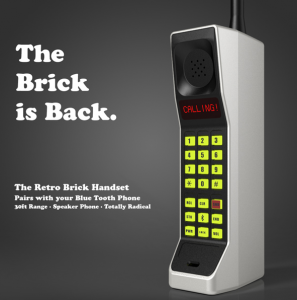
On December 3, 1992, when Whitney Houston’s I Will Always Love You was dominating the UK charts a 14-character text message ( Short Message Service or SMS) had just been sent – the world’s first digital script which simply read “Merry Christmas.” Finally, the humble text message is getting a big thumbs-up today.
In 1992, Neil Papworth, a 22-year-old Vodaphone software programmer, and test engineer sent the first ever SMS from a computer to his colleague and Vodaphone company director, Richard Jarvis who was at a party in Newbury, England.
When the first text message did arrive, most people didn’t think they’d catch on. How wrong they were. Now Britons sending over billions of messages per month and especially teenager can’t think of a life without text messages, In 2012, British text volume reached its highest point with 151 billion sent in the UK alone. By June 2017, there were 781 billion messages passing around in the country.
As the mobile phone ownership shot up with an increased iPhone popularity in 2007 80% of the household were using more than one mobile phones as compared to in 1996-1997 only 16% of households had a mobile phone.
The spread of the text message had a significant cultural impact with real-time communicating by text instead of verbally and our language evolved into “text speak” with some obvious misunderstanding by then UK Prime minister David Cameron who was signing off texts in the early 2010s with “LOL” thinking it means “lots of love”.
Even the BBC created a themed Saturday night series in 2001 called The Joy of Text.
With emerging of messaging apps like WhatsApp, MSN messenger, Facebook Messenger, which send information through the internet, according to Ofcom, WhatsApp is now 50 per cent more popular than traditional texting. The switch to data messaging apps also created more linguistic development the Emoji. WhatsApp was delivering 55 billion messages per day as of July, excluding Facebook Messenger, Apple’s iMessage or Google’s Hangouts.
The email is now 46.
